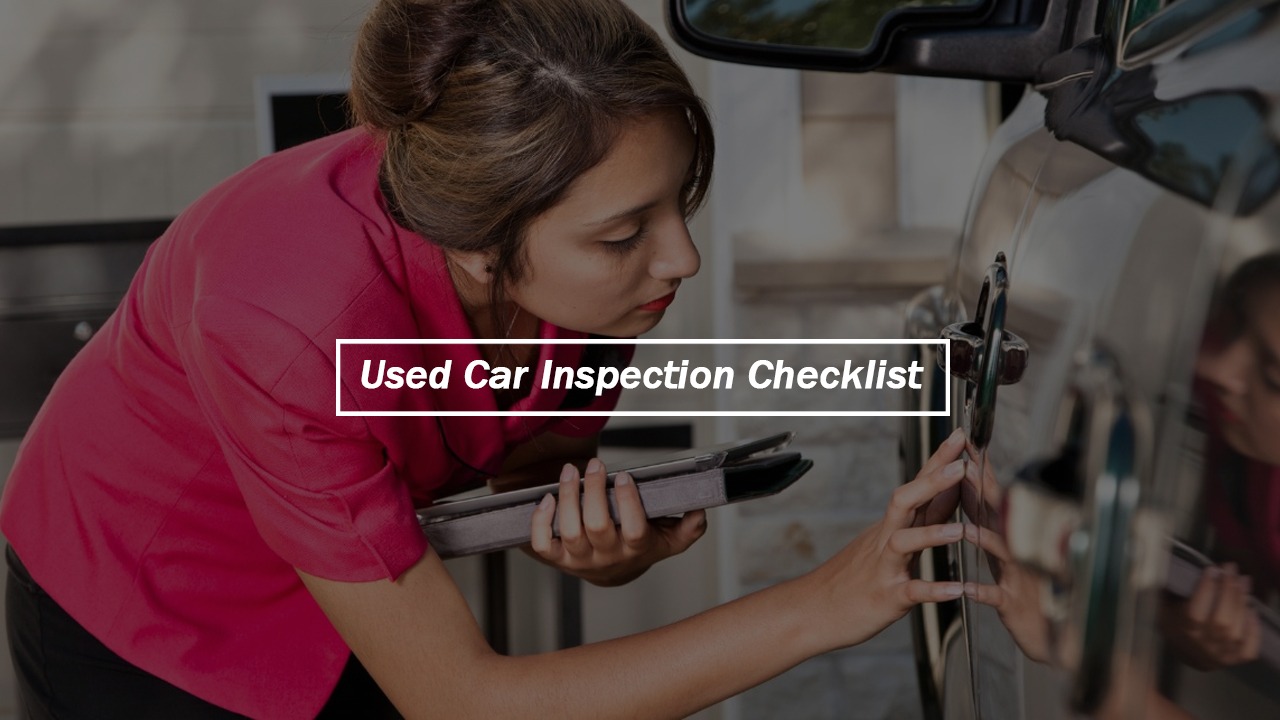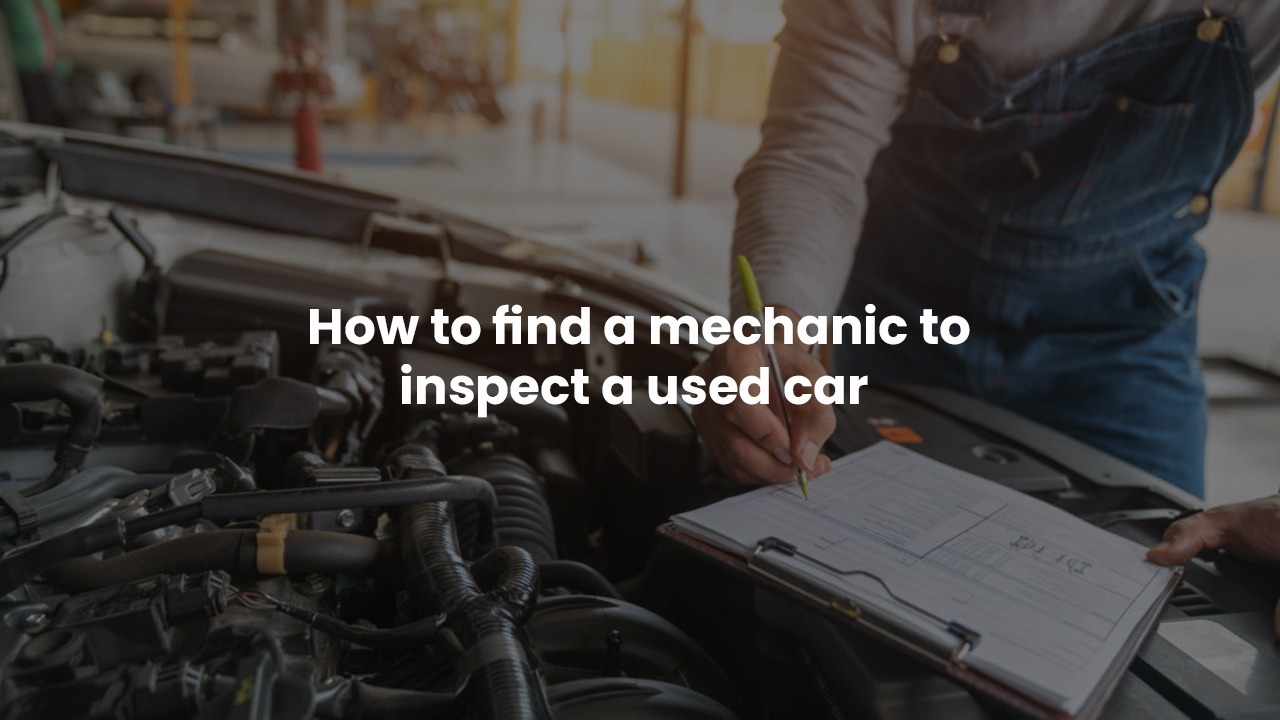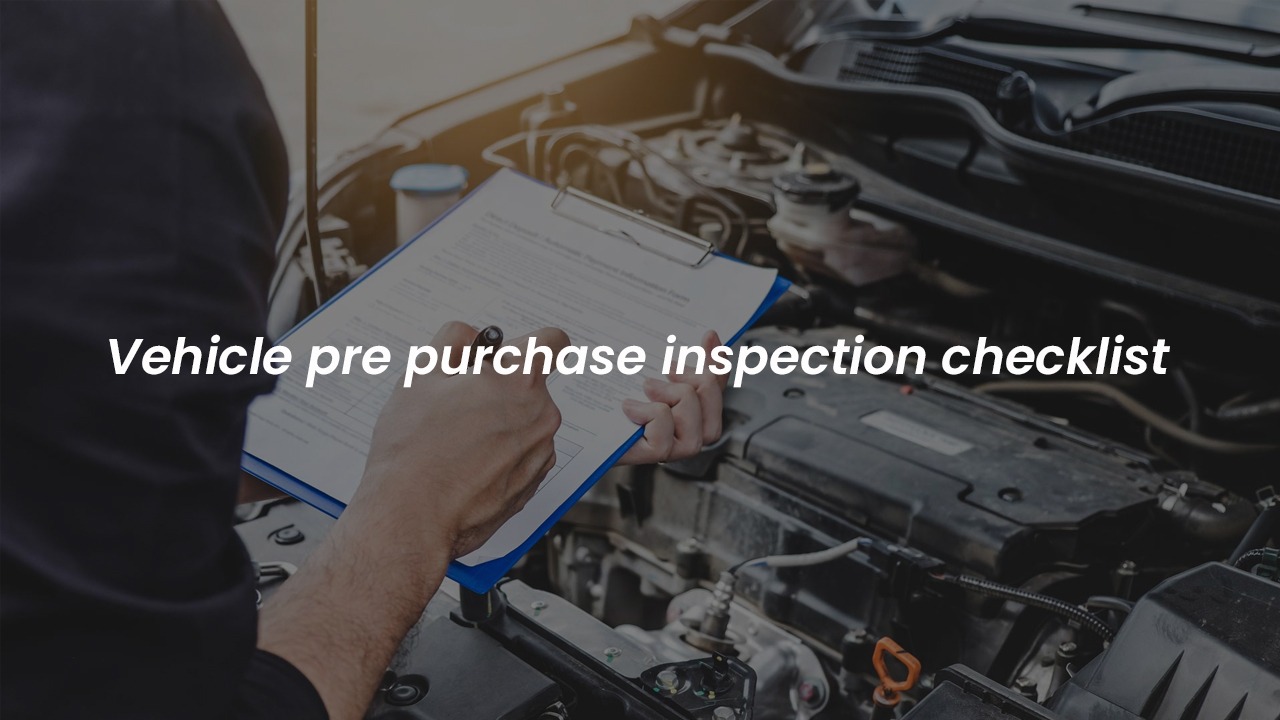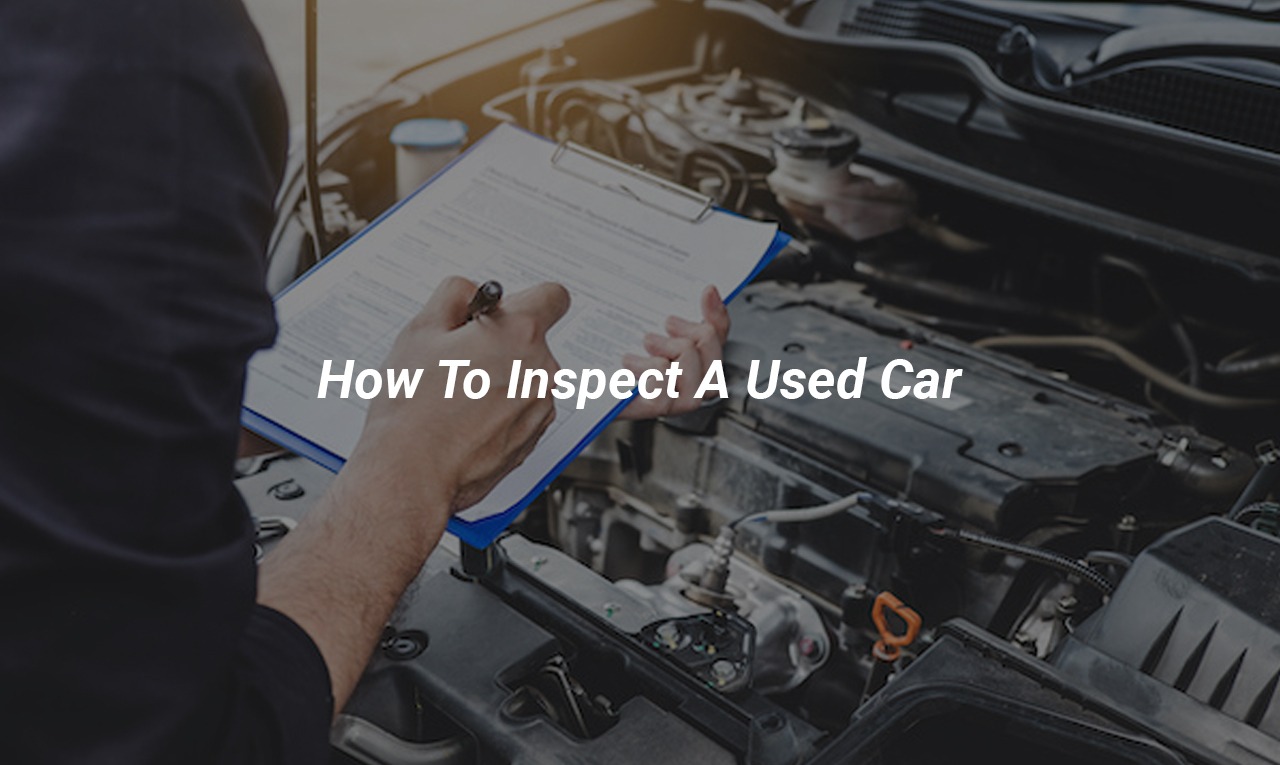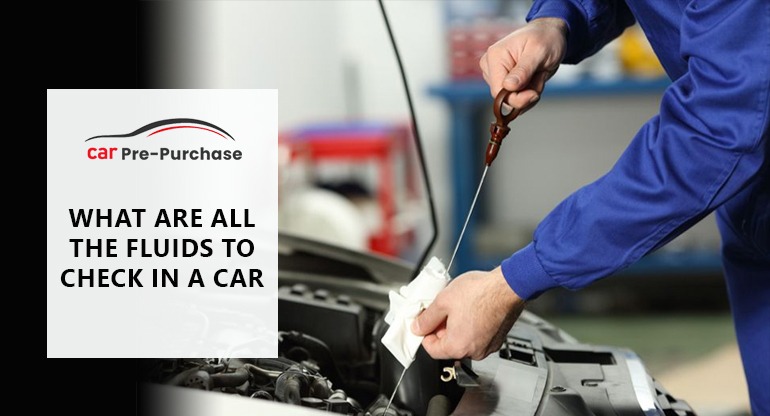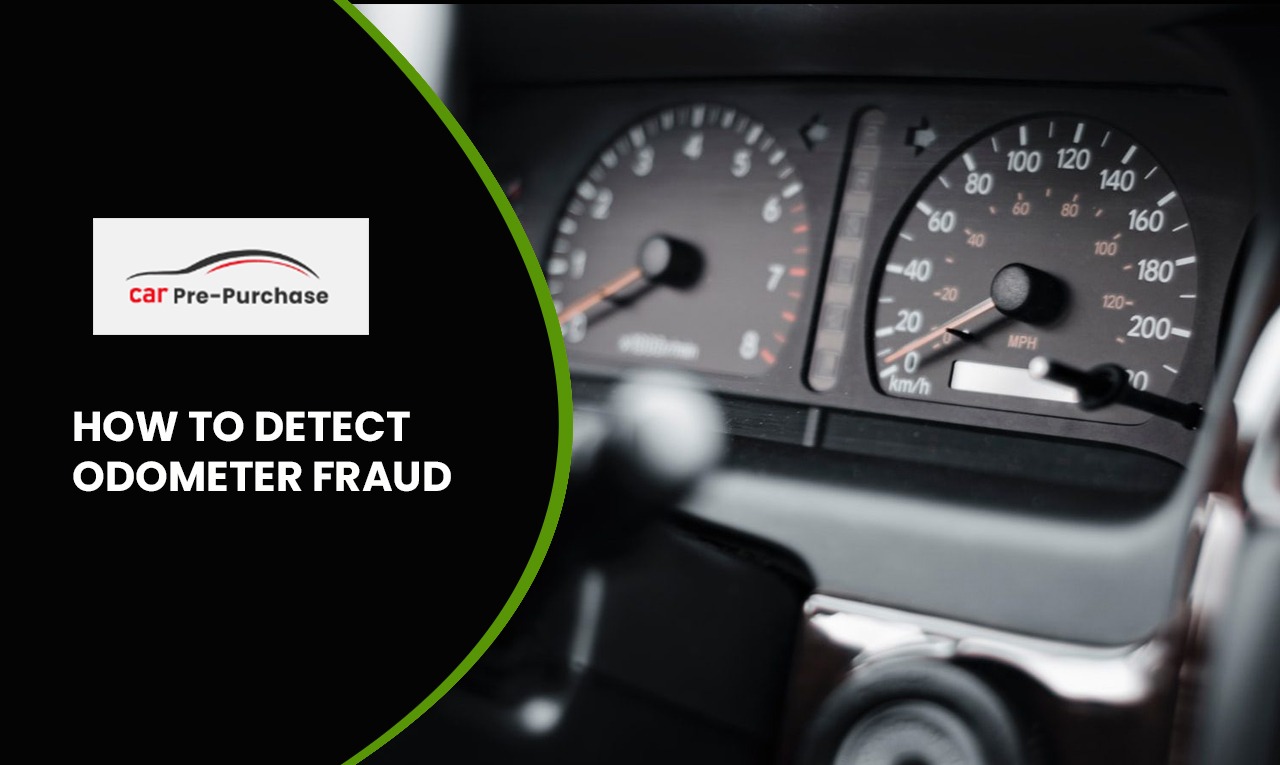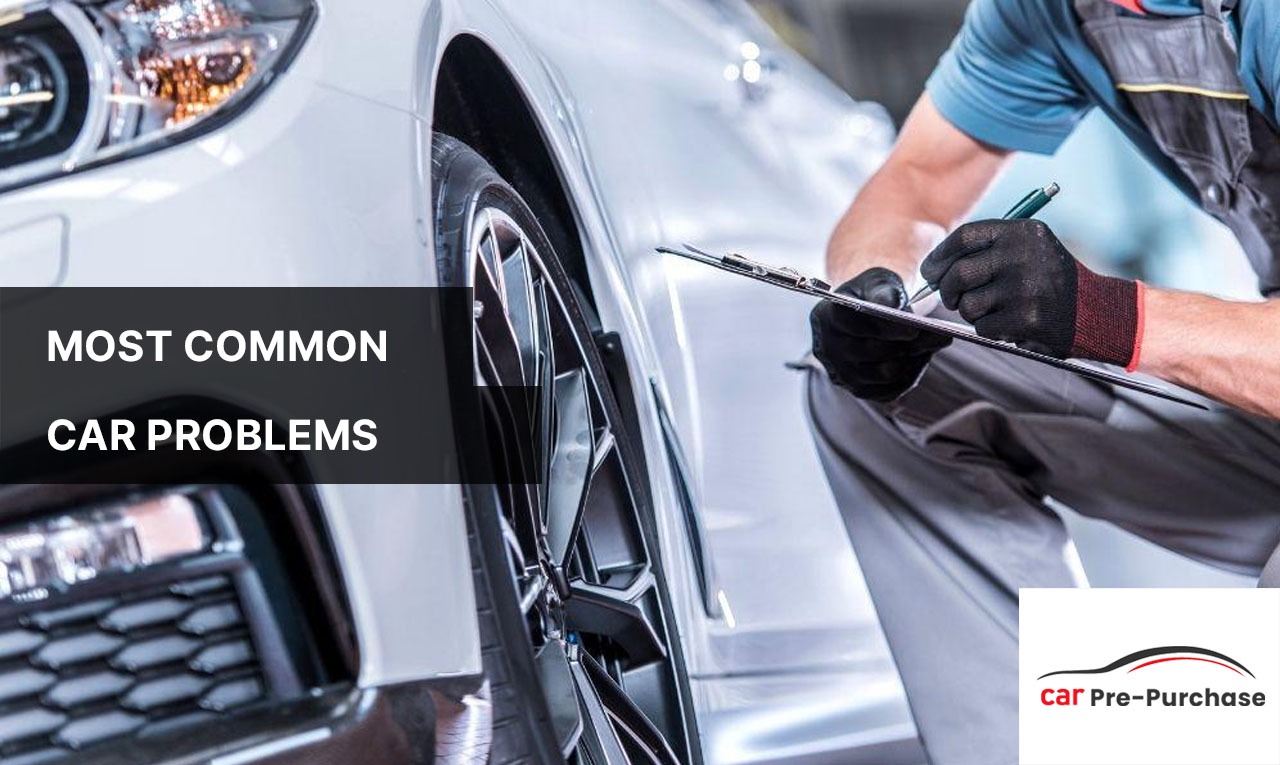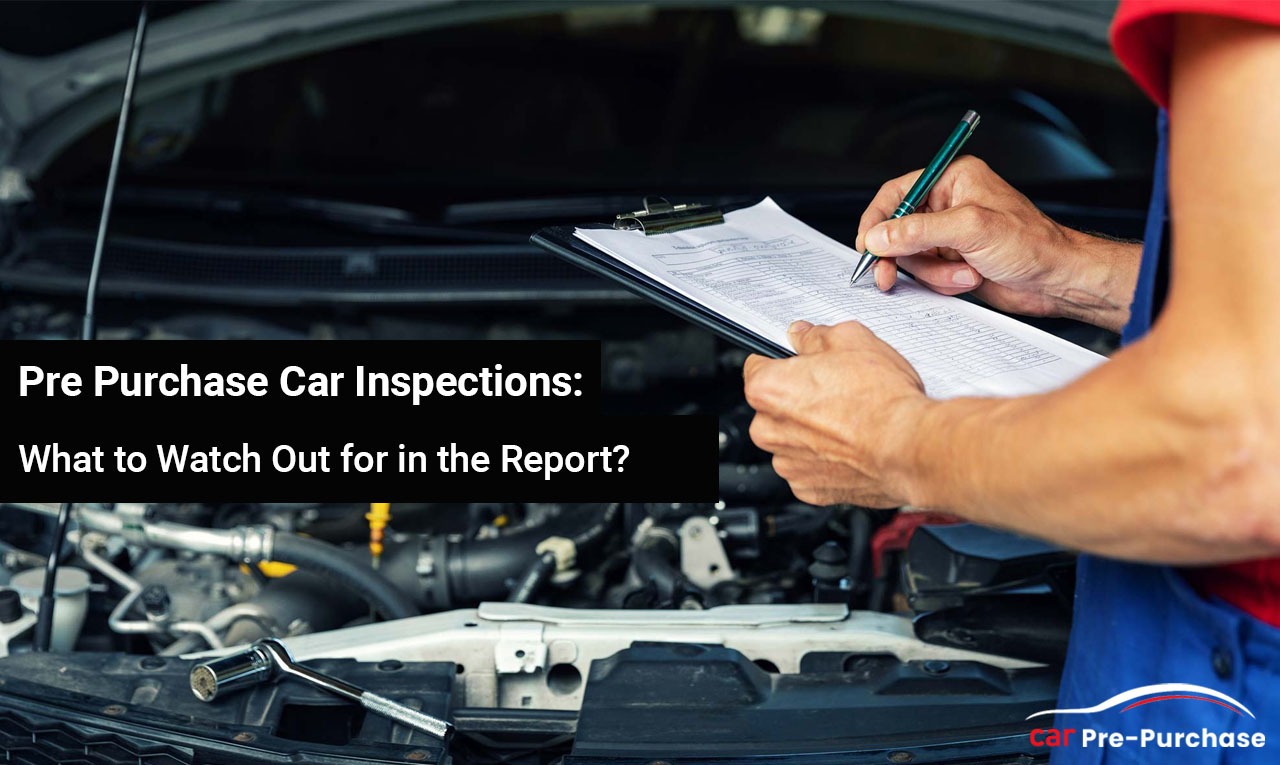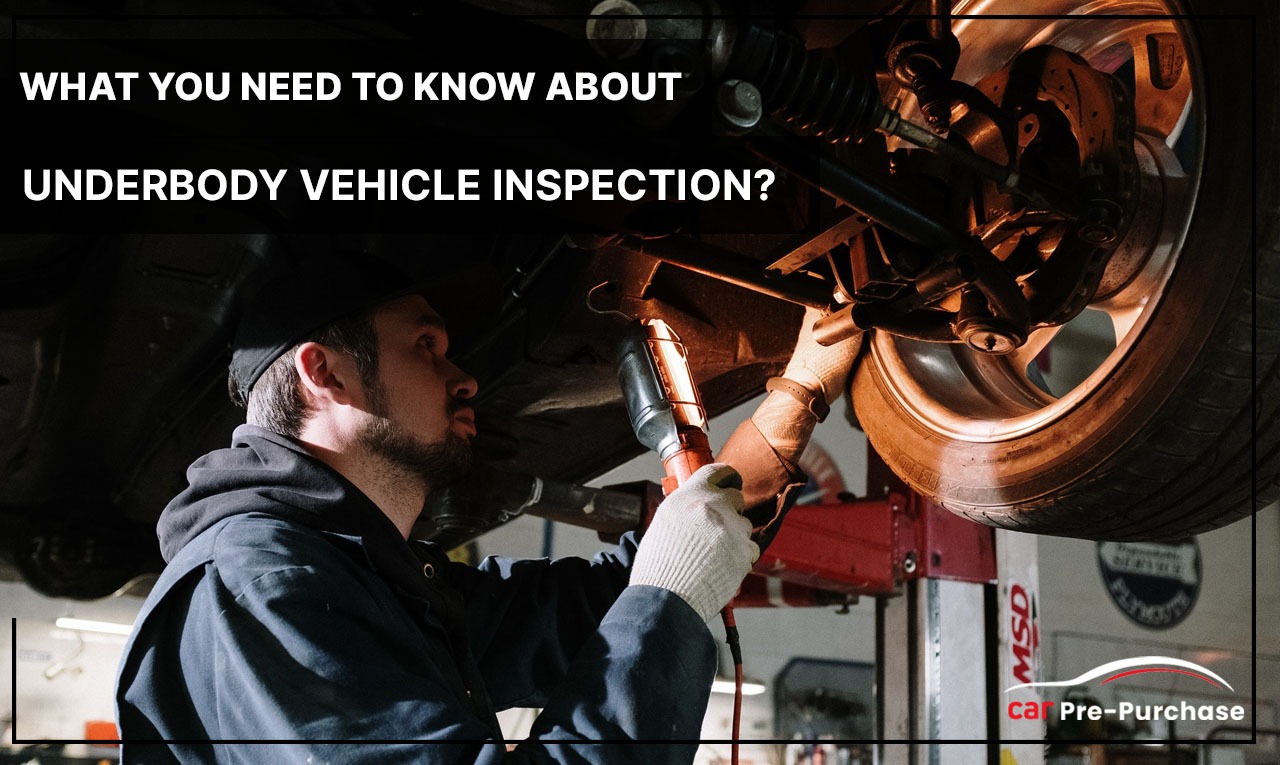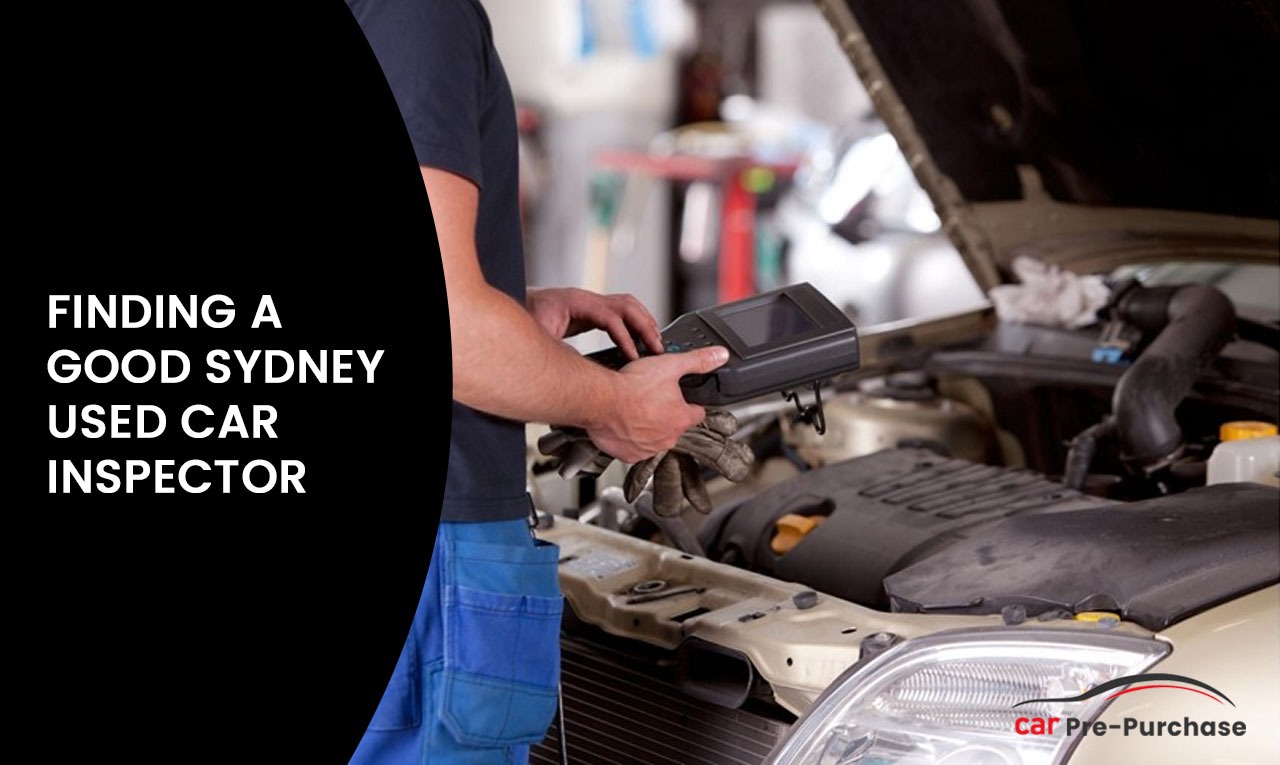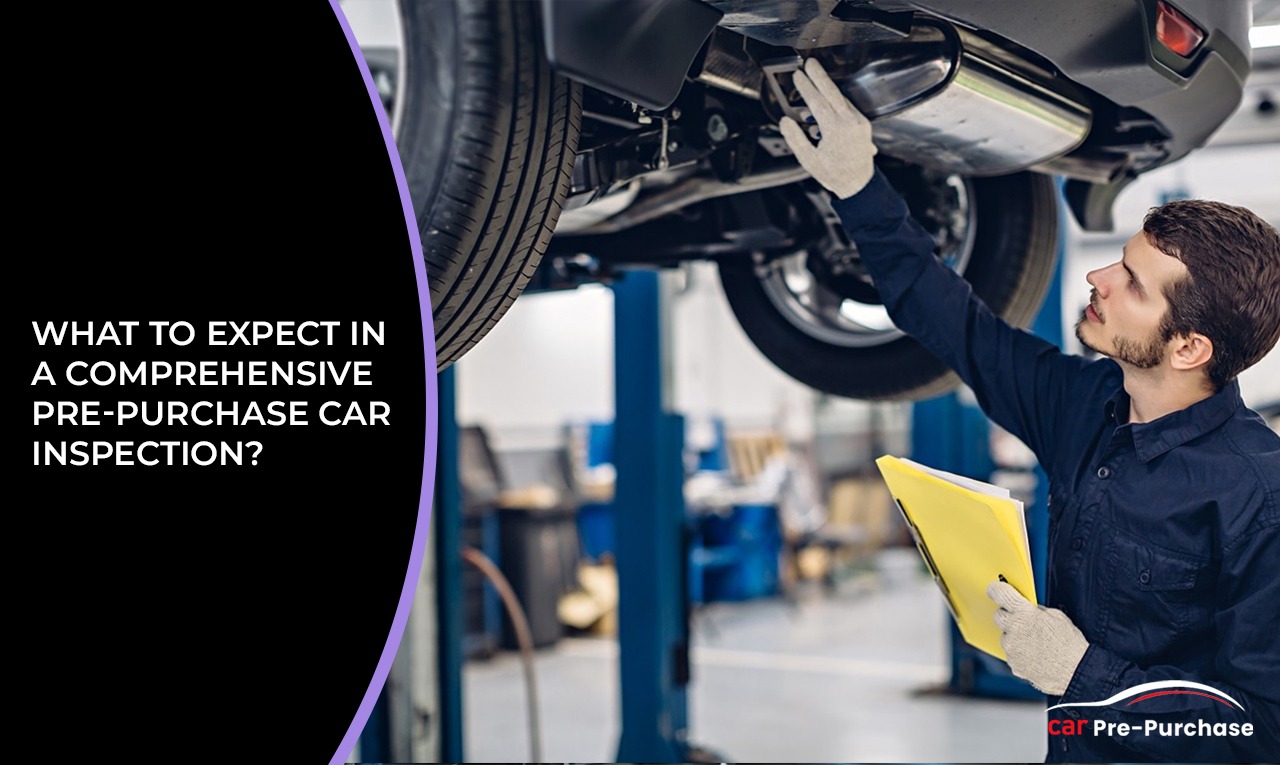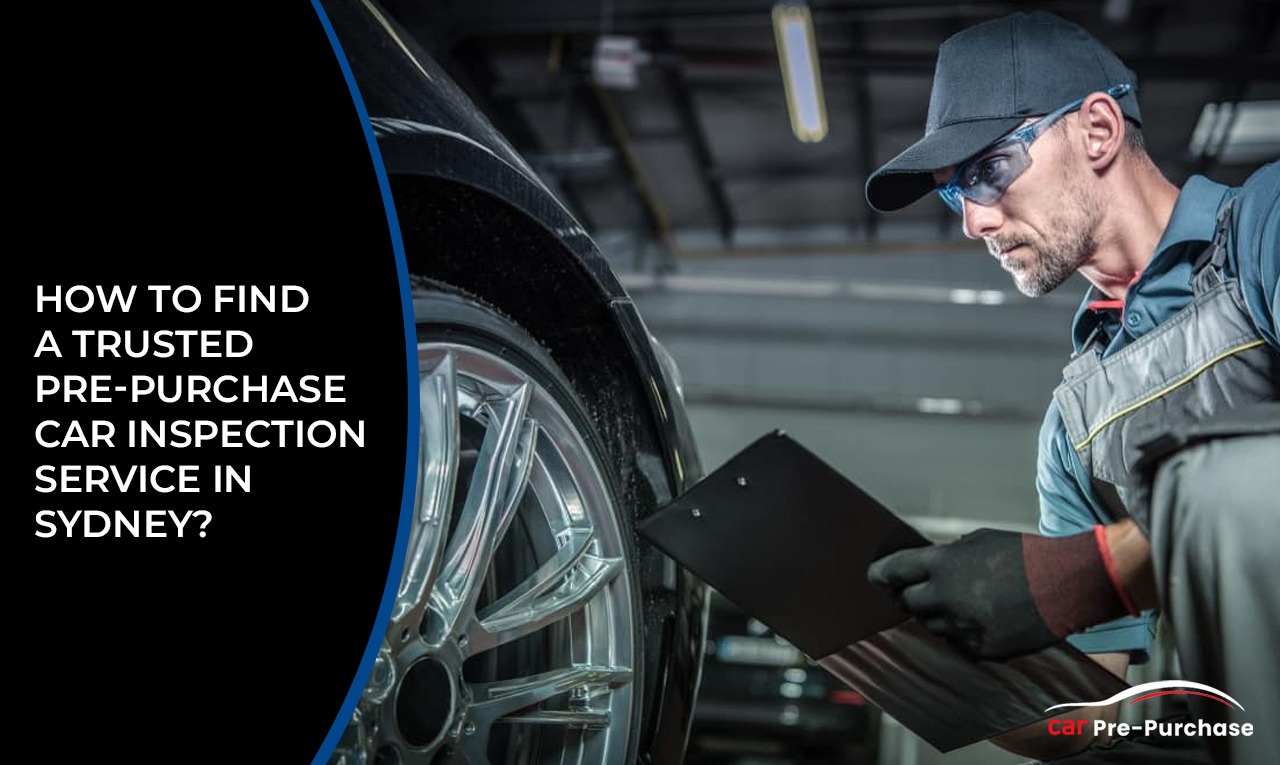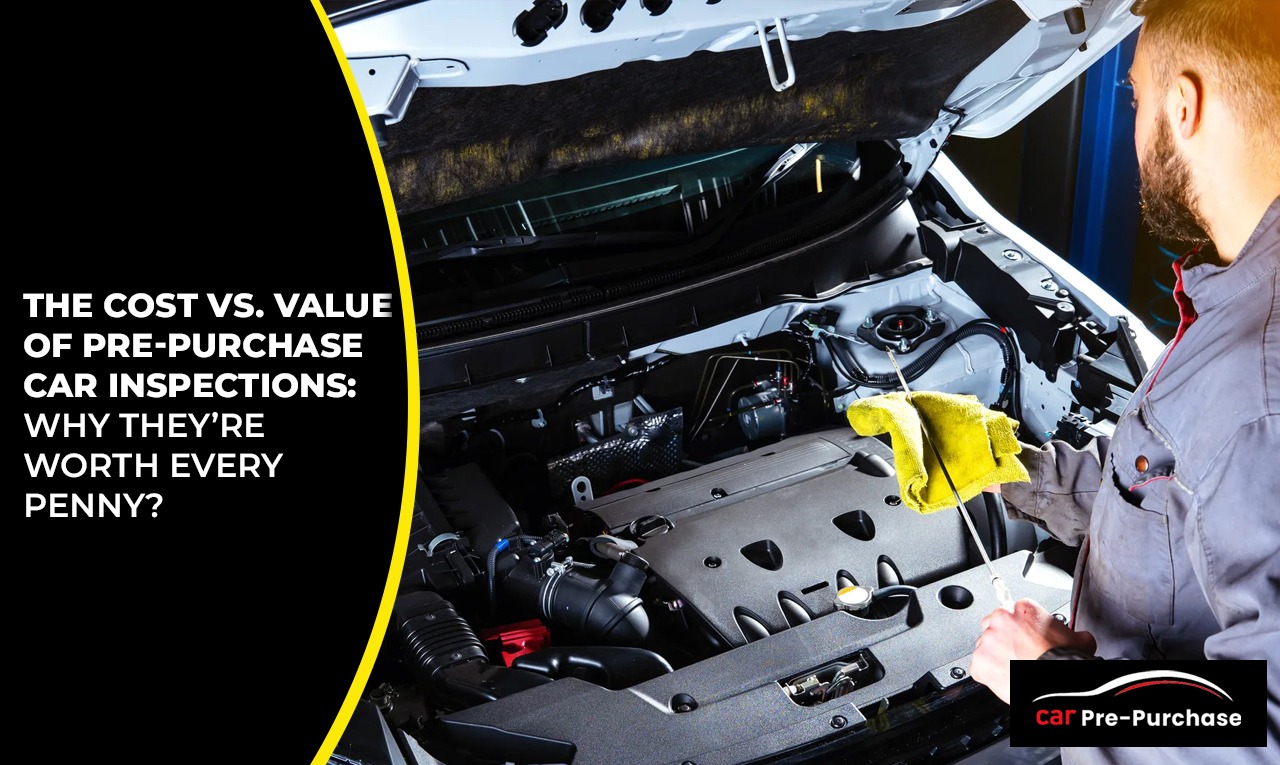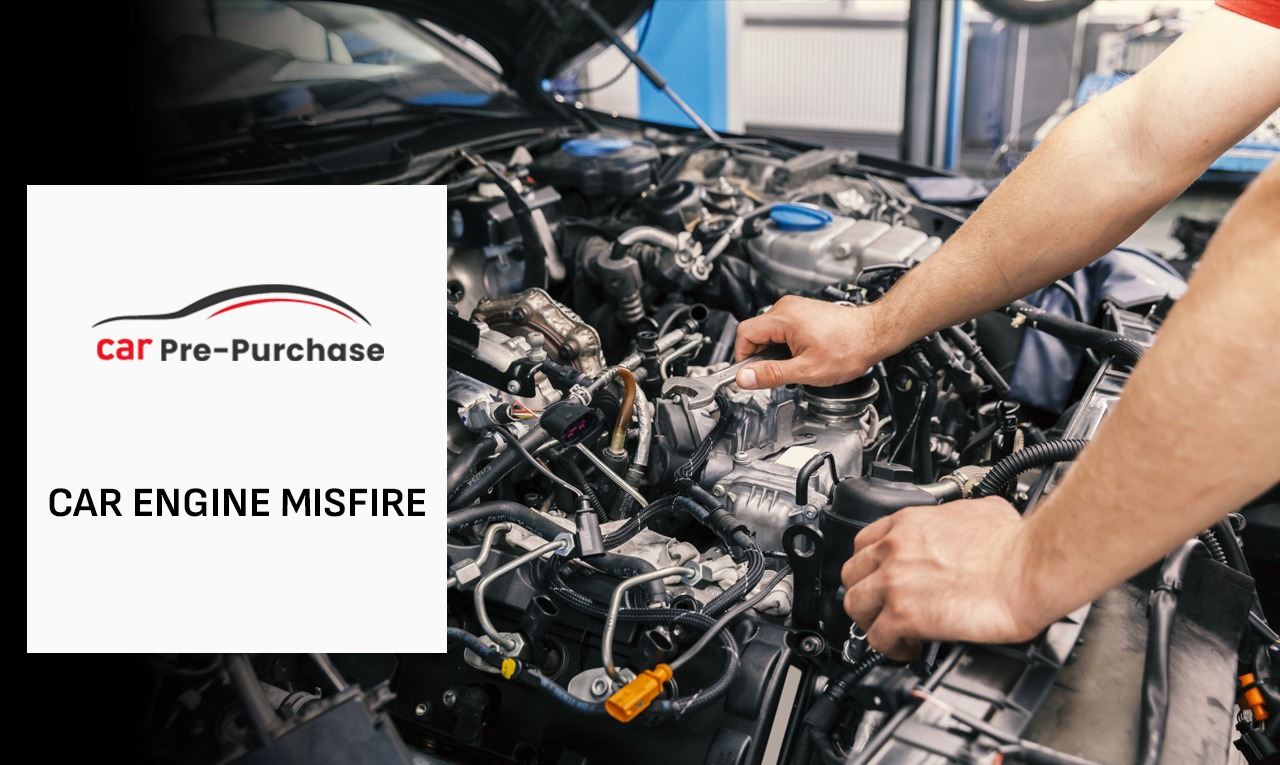
A Car Engine Misfire refers to a situation where one or more cylinders fail to ignite the air/fuel mixture properly, disrupting the combustion process. When an engine misfires, it may cause various issues, such as a loss of power, rough idle, hesitation or stumbling during acceleration, increased fuel consumption, and increased emissions.
When a misfire occurs, the vehicle's onboard diagnostic system (OBD-II) will often detect the issue and illuminate the check engine light. It's important to diagnose and resolve the underlying car engine misfire causes promptly to prevent further damage to the engine and to restore the vehicle's performance and fuel efficiency. In such cases, seeking assistance from a qualified mechanic or automotive technician is recommended.
This article contains the following:
1. 6 Major Causes of Car Engine Misfire
2. How Does Car Engine Misfire Feel Like?
3. How to Diagnose and Fix a Car Engine Misfire?
6 Major Causes of Car Engine Misfire
It's important to note that car engine misfire causes are as diverse as it gets, and diagnosing the exact problem often requires professional inspection and diagnostic tools.
So, what can cause a car engine to misfire? There are several potential car engine misfire causes, and here are six major ones:
- Ignition System Issues:
Problems with the ignition system commonly cause engine misfires. This can include faulty spark plugs, ignition coils, ignition wires, or a malfunctioning distributor cap. The engine may misfire when the ignition components fail to deliver the required spark at the right time.
- Fuel System Problems:
The fuel system is crucial in proper engine combustion. Issues such as clogged fuel injectors, a malfunctioning fuel pump, or a restricted fuel filter can disrupt the fuel delivery to the engine, leading to misfires.
- Air/Fuel Mixture Imbalance:
The engine requires the correct air/fuel mixture for efficient combustion. Misfires can occur if the blend is too rich (excess fuel) or too lean (insufficient fuel). Problems like a faulty mass airflow sensor, oxygen sensor, or throttle position sensor can affect the mixture balance.
- Vacuum Leaks:
A leak in the intake manifold or associated vacuum lines can cause an imbalance in the air/fuel mixture, leading to misfires. Unmetered air entering the engine disturbs the combustion process and can result in a car engine misfire.
- Compression Issues:
Adequate compression is necessary for proper combustion in the cylinders. Low compression can occur due to problems such as worn piston rings, a blown head gasket, or a damaged valve. Reduced compression in one or more cylinders can cause misfires.
- Engine Timing Problems:
The precise timing of the engine's valves and ignition is crucial for proper combustion. Issues with the timing belt or chain, camshaft position sensor, crankshaft position sensor, or distributor can cause the engine's timing to be off, resulting in car engine misfire.
How Does Car Engine Misfire Feel Like?
Car Engine Misfire symptoms can manifest themselves in various manners, depending on the intensity and the underlying car engine misfire causes. Here are some common symptoms that can indicate an engine misfire:
- Rough idle:
When your engine is idling, you may feel vibrations or a shaking sensation that is not typical. The engine may struggle to maintain a steady RPM (revolutions per minute) and fluctuate.
- Loss of power:
You might experience a significant loss when accelerating or feel a lack of responsiveness from the engine. The vehicle may hesitate or jerk during acceleration.
- Vibrations during acceleration:
You may notice excessive vibrations coming from the engine or the entire vehicle. These vibrations may be more pronounced under load or when climbing uphill.
- Abnormal exhaust:
A Car Engine Misfire can produce irregular exhaust emissions. You may see blue or black smoke from the exhaust pipe, indicating an oil or fuel-related misfire. Additionally, you might detect a strong smell of unburned fuel.
- Increased fuel consumption:
Engine misfires can cause inefficient combustion, leading to increased fuel consumption. It could be a sign of a misfire if you find that you're visiting the gas station more frequently without any apparent reason.
- Illuminated check engine light:
In most cases, an engine misfire triggers the check engine light (CEL) on your vehicle's dashboard thus avoiding car misfiring no check engine light. The CEL is designed to indicate various engine-related issues, including misfires. If the light remains steady or flashes, it's crucial to have your vehicle diagnosed to determine the cause.
How to Diagnose and Fix a Car Engine Misfire?
Diagnosing and fixing a misfiring car engine involves systematically identifying the underlying car engine misfire causes and addressing it appropriately. Here's a step-by-step guide:
- Identify the misfiring cylinder:
The first step is determining which cylinder is misfiring. You can use a scanning mechanism or diagnostic code reader to redeem the diagnostic trouble codes (DTCs) from the engine control unit (ECU). The codes usually indicate the specific cylinder(s) experiencing the misfire.
- Inspect ignition system components:
Start by inspecting the ignition system components, including spark plugs, ignition coils, spark plug wires (if equipped), and distributor cap and rotor (if applicable). Look for signs of damage, such as worn-out plugs, cracks, or carbon deposits. Replace any faulty components as needed.
- Check fuel system:
A malfunctioning fuel system can also cause misfires. Inspect the fuel injectors to ensure they are clean and functioning properly. Consider performing a fuel pressure test to determine if the pump delivers adequate pressure to the injectors.
- Examine the air intake system:
A clogged or dirty air filter can disrupt the air-to-fuel ratio, leading to misfires. Scrutinize the air filter and clean or replace it if necessary. Inspect the throttle body, intake manifold for carbon buildup, and clean them if needed.
- Test the compression:
Low compression in a cylinder can result in a misfire. Perform a compression test on each cylinder to measure the compression pressure. A significantly lower compression in a particular cylinder could indicate internal engine problems like a worn piston ring or a damaged valve.
- Inspect the engine sensors:
Faulty engine sensors, such as the crankshaft position sensor or oxygen sensors, can cause misfires. Use a diagnostic tool to check for any sensor-related trouble codes. Replace or repair any malfunctioning sensors accordingly.
- Address vacuum leaks:
You may sense a problem during a car misfiring after washing the engine. Vacuum leaks can disrupt the air/fuel mixture and cause misfires. Inspect the vacuum lines and connections for any leaks or damage. Use a smoke machine or a can of carburetor cleaner to detect leaks by looking for any increase in engine RPM or by observing smoke escaping from the leaky area.
- Perform an ECU update:
In some cases, a misfire can be due to outdated or incorrect programming in the ECU. Check with the vehicle manufacturer or a qualified mechanic to see if there are any available software updates for your specific vehicle model.
- Seek professional help if needed:
If you have followed these steps and still need to resolve the misfire issue, it's advisable to consult a professional mechanic or automotive technician. They have specialized tools and expertise to diagnose and fix complex engine problems.
Check out our exclusive blogs on...
1. How to find a mechanic to inspect a used car?
2. How much a pre-purchase car inspection cost?
3. Common issues that mechanics discover
Thus, how to fix a car engine misfire during an emergency? Remember to prioritize safety during the diagnosis and repair process. If you need more confidence or are comfortable working on your vehicle, seeking professional assistance and a Pre Purchase Car Inspection Sydney is the best to avoid potential risks.
In conclusion, car engine misfiring and car engine misfire causes are diverse. This is a condition that affects the combustion process, resulting in poor engine performance. Prompt diagnosis, identification of the underlying cause, and appropriate repairs are crucial to ensure optimal engine operation and prevent potential damage.




